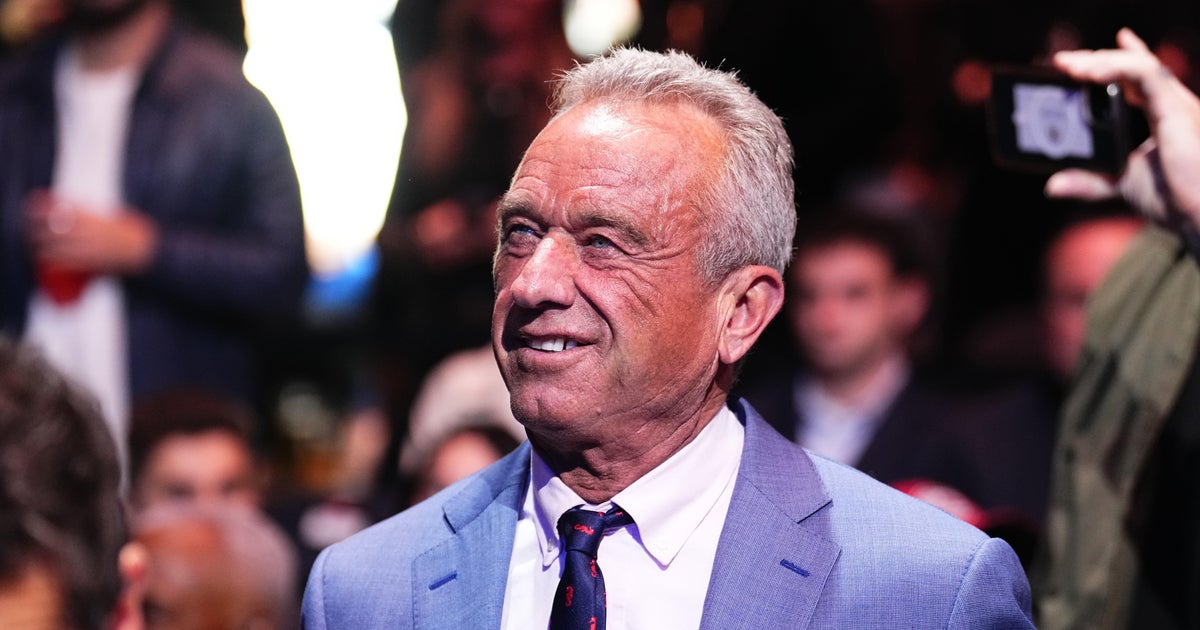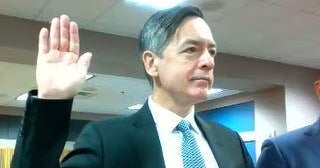Jan. 6 Hearings Give Democrats a Chance to Recast Midterm Message

WASHINGTON — Seventeen months after a mob of Donald J. Trump’s supporters stormed the Capitol with false claims of a stolen election, House Democrats plan to use a landmark set of investigative hearings beginning this week to try to refocus voters’ attention on Jan. 6, aiming to tie Republicans directly to an unprecedented plot to undermine democracy itself.
With their control of Congress hanging in the balance, Democrats plan to use made-for-television moments and a carefully choreographed rollout of revelations over the course of six hearings to remind the public of the magnitude of Mr. Trump’s effort to overturn the election, and to persuade voters that the coming midterm elections are a chance to hold Republicans accountable for it.
It is an uphill battle at a time when polls show that voters’ attention is focused elsewhere, including on inflation, rising coronavirus cases and record-high gas prices. But Democrats argue the hearings will give them a platform for making a broader case about why they deserve to stay in power.
“When these hearings are over, voters will know how irresponsibly complicit Republicans were in attempting to toss out their vote and just how far Republicans will go to gain power for themselves,” said Representative Sean Patrick Maloney, the Democratic campaign chair.
The select committee investigating the attack, made up of seven Democrats and two Republicans, says it has approached its work in a sober, apolitical manner and will present its findings as such. But it is clear that the hearings, coming five months before midterm elections in which Democrats are bracing for big losses, carry high political stakes.
The hope among Democrats is that the committee’s findings, collected from 1,000 witnesses and over 140,000 documents, will do most of the messaging work for them. Representative Jamie Raskin, Democrat of Maryland and a member of the committee, has promised the hearings will “blow the roof off the House.”
They have retained an experienced television executive to ensure that happens and organized scores of watch parties across the country in hopes of generating interest. But they are facing an onslaught from Republicans who are bent on denying, downplaying and obfuscating the truth of what happened in their own messaging operation aimed at discrediting the inquiry.
And Democrats are up against the reality that the raw emotions in the aftermath of the attack have faded, even among voters who care about the facts, as attention has turned to an ongoing war in Ukraine, gun violence at home and a deep pessimism about the state of the economy.
Their task is to persuade voters that the Jan. 6 attack revealed bigger and more important issues at stake, including the Republican Party’s alignment with violent extremists and its decision to make adherence to the “big lie” that the 2020 election was stolen a test of membership.
Representative Hakeem Jeffries, Democrat of New York, said on Twitter that the hearings would “fully expose the cult’s extreme effort to overthrow the U.S. government.”
A significant portion of the first hearing on Thursday evening will focus on the Proud Boys, a far-right group whose members have been charged with seditious conspiracy in connection with the storming of the Capitol, according to two people familiar with the matter who spoke about it on the condition of anonymity.
It is scheduled to include testimony from a documentary filmmaker, Nick Quested, who was embedded with the group during the storming of the building, and a Capitol Police officer, Caroline Edwards, who was injured in an assault said to be triggered by the Proud Boys.
The goal is to provide the public with a more in-depth portrait of what unfolded on Jan. 6 than the images that played out on television that day, and to reveal the extent of what the panel called a “coordinated, multistep effort to overturn the results of the 2020 presidential election and prevent the transfer of power.”
Norman L. Eisen, who was hired by the Judiciary Committee to serve as special counsel during the first Trump impeachment, said Democrats had learned from some of their successes and misfires during those hearings, but still faced challenges.
“They need to have three things: the attention-grabbing power of new evidence, the spontaneous drama created by live witnesses and the oldest trick in the book: telling a good story,” Mr. Eisen said. “The risk is, there’s an enormous amount of anticipation and buildup.”
Still, some Democratic operatives believe the political payoff could be substantial, both in energizing the party’s core supporters and in appealing to independent voters who may turn against Republicans based on what they see and hear.
Anat Shenker-Osorio, the founder of ASO Communications, a progressive political consulting firm, has been conducting focus groups with voters. She said both Democratic “base surge voters” and “swing voters” were motivated by increased attention on the Capitol riot.
“Jan. 6 is very much salient and highly negative to these likely midterm voters,” Ms. Shenker-Osorio told activists on a recent call promoting the hearings.
Democrats have met with networks about carrying the hearing live in prime time and have scheduled more than 90 watch events in various states, including a “flagship” event at the Robert A. Taft Memorial and Carillon in Washington, where a large screen will be set up and attendees will get free ice cream.
“It’s everything from a family-gathering-in-the-living-room-type event to hosting it in a union hall to hosting it on a big field with a Jumbotron,” said Lisa Gilbert, executive vice president of the progressive group Public Citizen.
In an attempt to keep the hearing from becoming too dry and disconnected from the visceral reality of the attack, the committee is tentatively planning to play video of the Capitol attack and considering airing clips of key testimony from high-profile witnesses, such as the former White House advisers Ivanka Trump and Jared Kushner.
As it tries to deliver the equivalent of the Watergate hearings for the streaming era, the committee has brought on the former president of ABC News, James Goldston, a move reported earlier by Axios, to help fit the hearings into six tight episodes, running between 90 minutes and 2.5 hours.
Republican lawmakers have already begun pushing a counternarrative to dismiss the hearings as nothing more than political theater at a moment when Americans are more concerned with kitchen-table issues like the rising price of gas and a baby formula shortage.
“Instead of focusing on $5 gas, 6,000 illegal immigrants a day, record fentanyl deaths, or the violent criminals terrorizing America democrats use taxpayer money on a TV producer for the prime time political infomercial from the Jan 6th circus,” Senator Marco Rubio, Republican of Florida, said on Twitter on Monday.
Representative Elise Stefanik of New York, the No. 3 Republican who was Mr. Trump’s chief defender during the first impeachment hearing, will oversee the effort to discredit the committee’s findings, coordinating with Representative Kevin McCarthy of California, the minority leader, and Representative Jim Jordan of Ohio, the top Republican on the Judiciary Committee. They plan to book Republican lawmakers on television to push a debunked claim that House Speaker Nancy Pelosi is to blame for the attack.
The committee has not yet nailed down the full slate of witnesses and is still discussing the possibility of public testimony with several high-profile Trump-era officials.
The panel is waiting for Jeffrey A. Rosen, the former acting attorney general, and Richard P. Donoghue, the former acting deputy attorney general, to respond to formal requests to testify, according to two people briefed on the matter.
Both Mr. Rosen and Mr. Donoghue have already told multiple congressional committees that Mr. Trump and his allies pressured the department to say falsely that it had found voter fraud and to use its power to undo the results.
The committee is still in informal talks with Pat A. Cipollone, the former White House counsel, as well as Byung J. Pak, the former U.S. attorney in Atlanta who abruptly resigned on Jan. 4, 2021, after learning that Mr. Trump planned to fire him for not finding voter fraud, according to those people familiar with the discussions.
Katie Benner contributed reporting.
Checkout latest world news below links :
World News || Latest News || U.S. News
Source link



